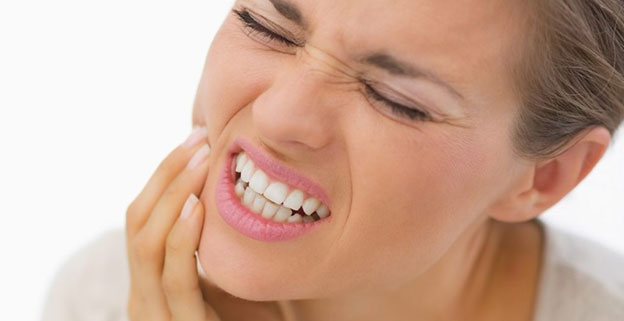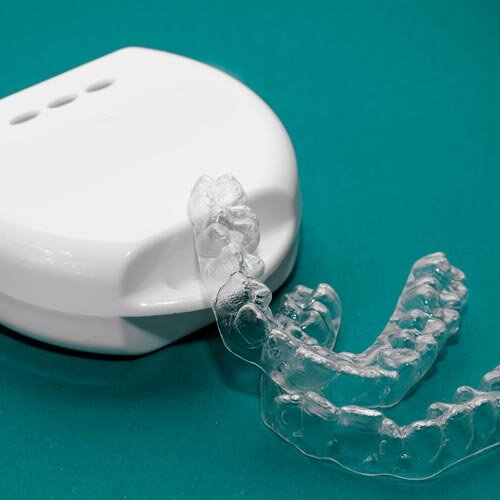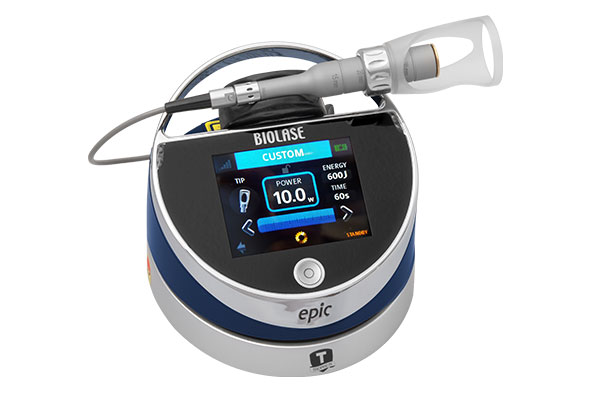Temporomandibular Disorders
- Dr Khaled El Gammal
- Jun 13, 2021
- 2 min read
Information for patients
What are the Temporomandibular Joints (TMJs)?
* The TMJs are the most complex joints in the body.
* They are located on either side of the head between the lower jaw and skull.
* They are essential for chewing and are the most frequently joints used in the body.
What is TMD?
This is a common, painful condition which frequently gets better of its own accord.
It is sometimes called facial Arthromyalgia (FAM) or Temporomandibular joint dysfunction (TMJD) and causes pain affecting the TMJ or surrounding muscles.
Who gets TMD?
* It most commonly affects young adults, but can occur in children and older people.
* Women may be slightly more likely to suffer from it than men.
* It may occur in people who have tooth grinding or jaw clenching habit.
* It may occur when people are stressed or anxious- for example when studying for exams, moving house , or starting a new job.
*It may also affect those in certain occupations, where it is necessary to talk frequently or hold the jaw in an awkward position- for example musicians.
Features of TMD
* Clicking or grinding noises coming from one or both of their jaw joints when they open or close their mouth.
* Pain, discomfort, or tenderness of the jaw joints and surrounding muscles.
* The pain is usually dull ache, but may be sharp and occur suddenly.
* Locking of the jaw on opening.
* Reduced opening of the mouth.
* Earache, buzzing or feeling of 'fullness' of the ear.
* Headache or dizziness.
* Neck ache. * Other bodily pains, for example backache.
* Sleep disturbance.
What causes TMD?
* Past injury of jaw joints or muscles.
* Stress may increase levels of pain.
* Bone Arthritis. * Extensive dental restorative procedures. How to manage a Flare up?
* Ear a soft diet and use both dishes at the same time or alternate sides.
* Chew with your back teeth rather than biting with your front teeth.
* Avoid activities that involve wide opening of the jaw (yawning or prolonged dental treatments) until pain has reduced.
* Pain relievers may help.
* A soft plastic bite guard to cover the teeth may sometimes be made to prevent clenching.
* Diode laser therapy to increase the blood flow to the jaw joints and surrounding muscles.
* Ensure you get a good night's sleep. * Under certain circumstances muscle relaxants and antidepressants may be prescribed in addition to night guards.








Comments